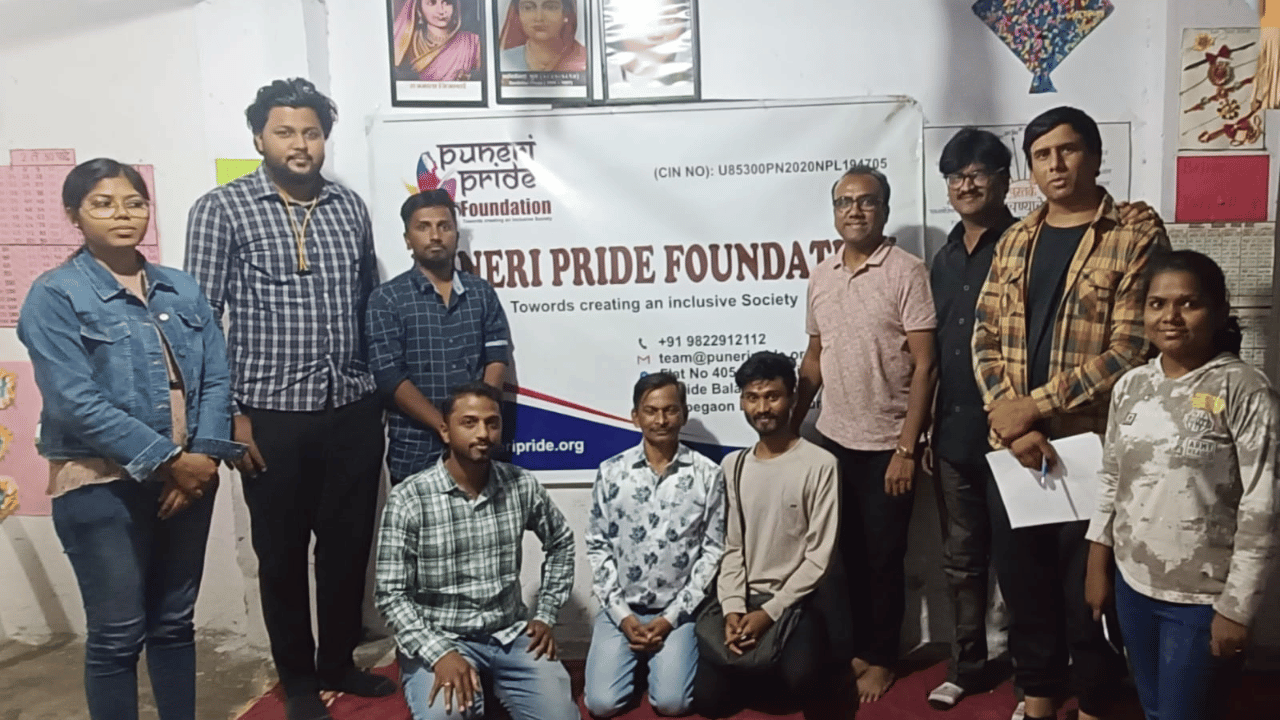The Indian Finance Minister recently announced a budget of INR 45 trillion, with approximately 25% allocated to welfare schemes. However, even with this substantial allocation, there is still a massive inequality in how and who these schemes ultimately reach. Often, those who need the most support are left out because they cannot access the necessary information or are unable to comprehend it.
To address this gap, Forbes Marshall’s Department of Social Initiatives initiated a unique collaboration with a social technology enterprise and several community-based organisations (CBOs) working with slum dwellers in the urban areas of Pune in Maharashtra, India. The aim was to reach out to underserved communities, including people with disabilities, senior citizens, widows, single mothers, transgender persons, and women in sex work.
Transgender persons and women in sex work, in particular, are often inaccessible due to social exclusion and taboo. These communities have suffered from gross inequality that has been ignored by our collective conscience. Hence, to overcome this stumbling block of inaccessibility, partnership with community-based organisations was essential and is proving to be a success.
Saheli HIV AIDS Karykarta Sangh, a collective of women in sex work, is committed to resolving the issues and concerns of women in sex work with a rights-based approach. Puneri Pride Foundation, a Section 8 company, is working towards the social and economic needs of the LGBTQIA+ community.
Haqdarshak, a social enterprise, is helping citizens access government documents and welfare schemes by using their technology platform, which hosts a database of 7,000 schemes provided by the central, state, and local governments in India. In this collaboration, Saheli and Puneri Pride Foundation, both CBOs, are helping with outreach and mobilsation of women in sex work and LGBTQ persons, while Haqdarshak is training and supporting the representatives from these CBOs. The representatives are then able to help their community members unlock the benefits of welfare schemes.
This collaboration has achieved a milestone of servicing 500 benefits to women in sex work, transgender persons, and their family members. We have facilitated basic identity documents like Aadhar card, transgender certificate, and E shram card, which will further enable them to unlock benefits of the welfare schemes. We have also serviced needs-based welfare schemes, such as health insurance, pension, and savings plans towards the education of their children.
Through this collaboration, we have in some way helped address the dignity needs of this vulnerable population who do not conform to traditional expectations. We are committed to reaching out to more citizens who have been otherwise denied access to their rights and entitlements.
